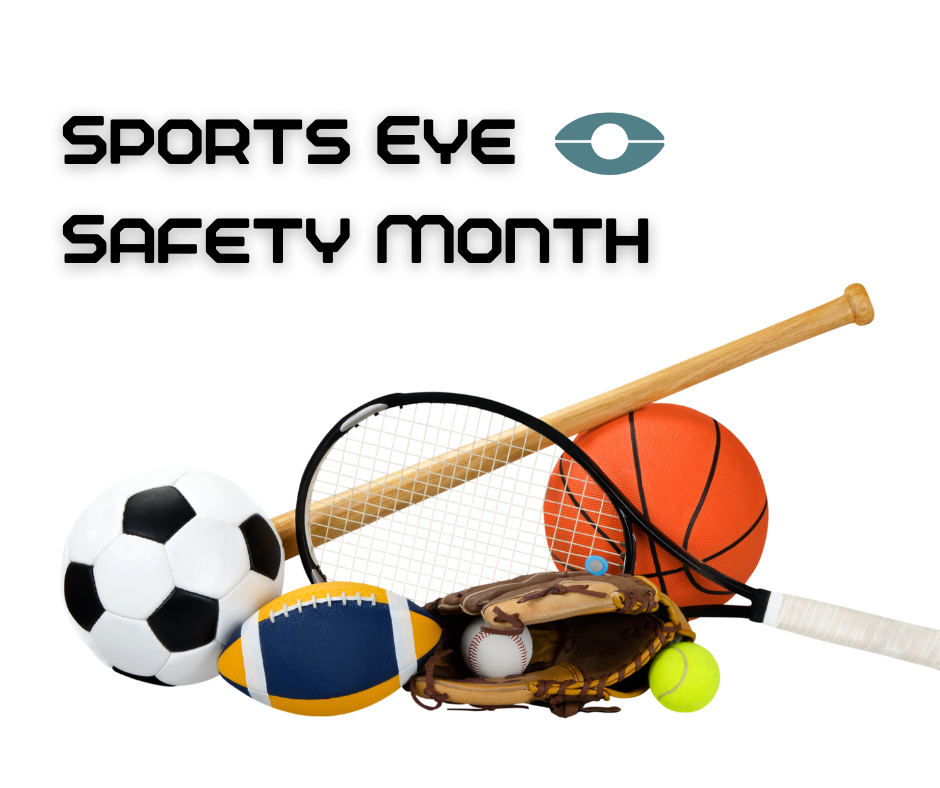April is Sports Eye Safety Awareness Month, making it the perfect time to shed light on the nearly 30,000 sports-related eye injuries that occur each year in the United States and what can be done to prevent them. Continue reading for eye care tips from the Black Hills Regional Eye Institute that will protect your vision during gametime.
Know the Dangers
Although eye injuries can occur in pretty much any sport, some sports carry more risk than others. Sports involving projectiles carry a high level of risk, which is why it is not surprising that basketball is the leading cause of sports-related eye injuries; baseball, softball, racquetball, and hockey are also high on the list.
Combat sports, such as boxing and full-contact martial arts, can be particularly dangerous as they carry a very high risk of serious, and even blinding, eye injuries.
Wear Protective Eyewear
The good news is that around 90% of eye injuries sustained while playing sports could be avoided if the correct protective eyewear is used. Choose protective sports glasses that have shatterproof polycarbonate lenses and that have been tested to meet the American Society of Testing and Materials (ASTM) standards. Some sports with high-speed projectiles, such as baseball and hockey, require the use of a face mask for adequate protection. Since there is currently no satisfactory eye protection for boxing, thumbless gloves are recommended to help reduce the amount of eye injuries.
Please note that regular eyeglasses do not offer protection while playing sports. Wearing regular eyeglasses in fact poses a risk, as the glass could shatter upon impact and cause a serious eye injury.
Be Aware of Your Surroundings
Whether or not you’re on the court or field, make sure to pay attention to what’s happening in the game so you can avoid potential eye injuries. Foul balls and flying bats have a way of making it into the stands at times, so don’t play it safe just because you’re a spectator.
Seek Help Immediately
In the case of a sports-related eye injury, go to the emergency room immediately, even if the injury seems minor. Putting off medical care can result in permanent vision loss, or even blindness.
Get Regular Eye Exams
Ensuring that you keep up with your annual vision exams is important in maintaining an open line of communication with your optometrist. The more they know about your lifestyle and hobbies, the better they are at making personalized eye care recommendations that will help you safeguard your vision while participating in the activities you love.


